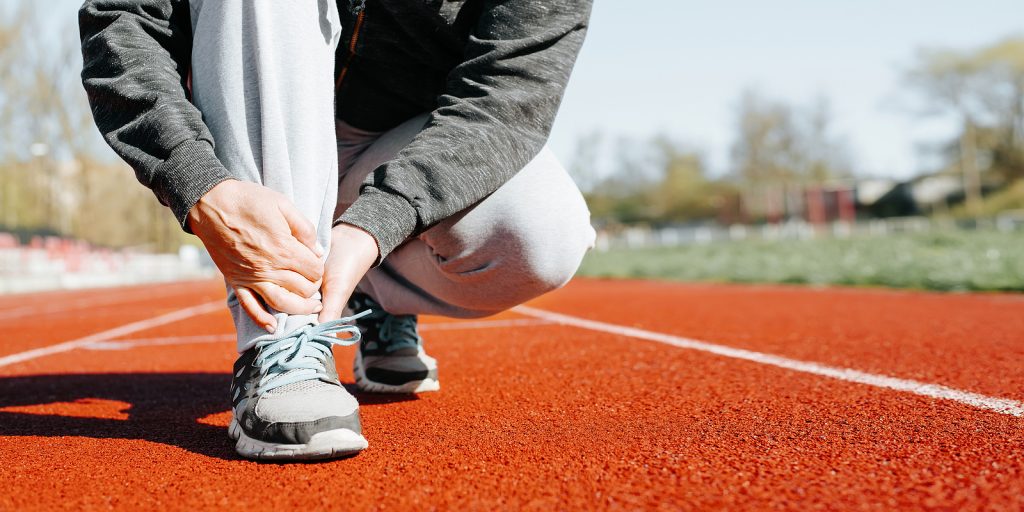It’s suggested that just one in ten Britons consume enough water and a survey of 2,000 consumers by the drinks brand Aqua Pura found that only 6% of the UK is drinking the recommended amount of water per day. Read on to find out why we need fluid and how to improve your hydration habits.
Why do we need fluid?
Good hydration is one of the most important aspects of the diet as fluid is essential for survival and health. The proportion of fluid in the body ranges from 50-70% which varies at different ages.
Water is vital for so many of the bodies functions and processes from our blood, which is more than 90% water, carrying essential nutrients to cells and our kidneys removing waste products and toxins. It also lubricates our joints and eyes; helps our digestive system to function and keeps our skin healthy.
Staying hydrated also helps us to maintain our body temperature. When in hot conditions we perspire and loose water through the skin, which then acts to cool the body. Whilst this allows us to maintain a stable temperature the more we lose through sweat, the more we need to replace or our temperature can start to rise again. This is why we need to drink more when in hot climates or when exercising.
Dehydration occurs when 3% of body weight is lost due to lack of fluid, but even 1-2% loss of fluid can lead to issues with memory, concentration, mood, fatigue and physical performance. More severe and prolonged dehydration can lead to death if not addressed quickly and safely.
How much do I need?
The general guidance is that we should aim to consume between 1.5-2.5 litres of fluid a day. Based on a standard glass being 250ml, this works out to be 6-10 glasses a day. These figures are an estimation and there are lots of individual factors that need to be considered.
How much we need depends on our height, build, levels of physical exertion and the different environments we live and work in (temperature and humidity). Special considerations need to be made for children, pregnant and breastfeeding women and the elderly as these populations need to drink more.
What drinks count?
Any drink will help to promote hydration. Milk, fruit juice, soft drinks, tea or coffee can be included in your daily intake. UK public health advises to limit the intake of sugary drinks and to only have one small glass of fruit juice a day.
There has been confusion about tea and coffee, with some thinking it does not hydrate the body as it contains caffeine. Although the caffeine can increase urine output, the fluid in the drinks makes up for this which means they are not dehydrating.
Dietary water can also come from the water contained in foods, for example in fruit and vegetables, soups and stews. It is estimated that foods contribute to about 20% of our total fluid intakes.
How do I know if I’m drinking enough?
Its important to pay attention to the signals from the body when determining if you are hydrated.
Feeling thirsty is the most obvious way to establish if you are hydrated. Our mouths become dry and other symptoms such as fatigue, headaches, dizziness, light-headedness and poor concentration may also be present. Responding to thirst is important but some studies have suggested that when we start drinking we can stop feeling thirsty before our body is fully rehydrated and therefore we do not drink enough.
The best indicator of hydration is to look at the colour of our urine; pale yellow indicates being well hydrated. Dehydrated urine is darker and can have a stronger smell as it’s more concentrated. Whilst clear urine is also a sign of good hydration if it is consistently clear, it can be a sign of over-hydration.
Top tips to increase your fluid intake
- Try keeping a bottle on your desk or in your bag so you can sip slowly, instead of guzzling it when you remember.
- Use an app to help track how much fluid you’ve consuming each day.
- Not a fan of plain water? Brew a fruit tea and leave it in the fridge overnight. This hydrating, cooling, yet sugar-free beverage can be enjoyed in a wealth of flavours.
- Try infusing water overnight with fresh berries, mint, ginger, cucumber and even lemon.
- Start small. Aim to increase your fluid intake by just one glass a day until you feel the difference.
Staying hydrated is critical to health and keeps our bodies performing at their best. We are all different so drinking little and often is a good approach to keep thirst away and keep an eye on the colour of your urine as an indicator that you need to drink more.










